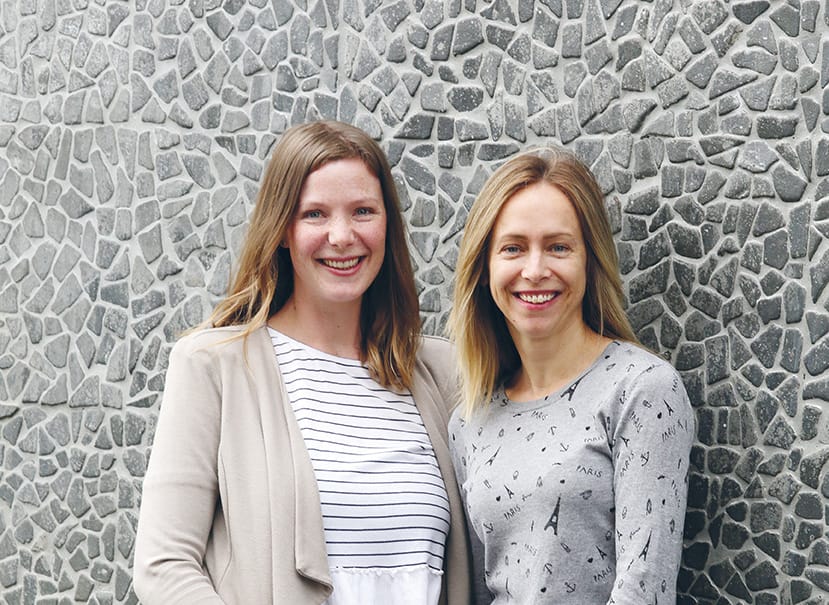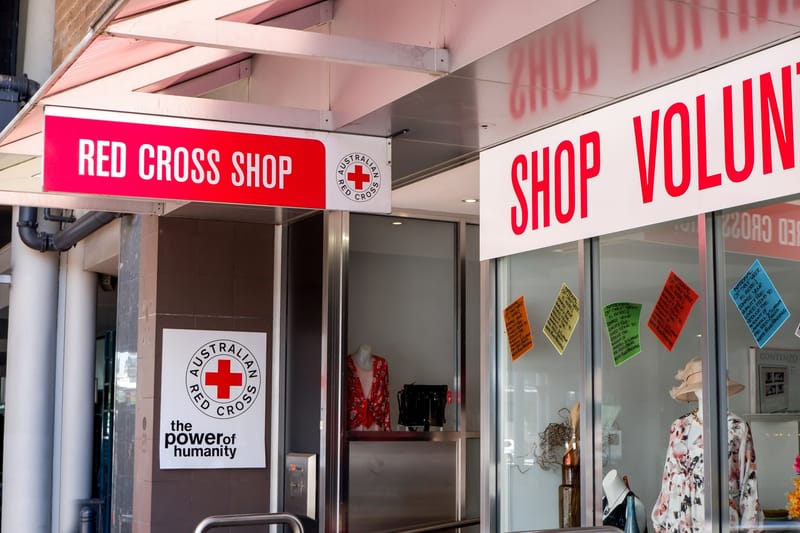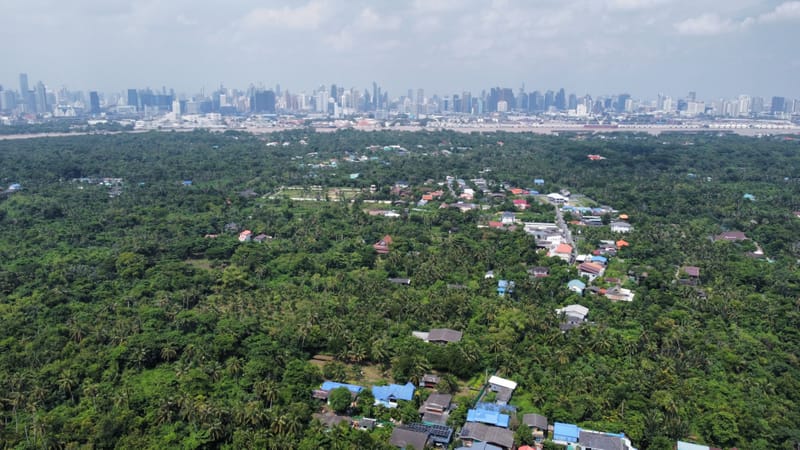
Amber Clarke can tell you a lot about a river. She can decode the different organisms, plants and fish living in a waterway. She can tell you that the health of a river ecosystem is key to the health of a whole environment.
And she can certainly speak with authority about the importance of protecting rivers from pollutants, development and benign neglect.
Her expertise in the area began as a Monash University undergraduate enrolled in a Bachelor of Environmental Science, which eventually led to receiving first class honours for her research into the ecological impacts of the freshwater invasive plant Glyceria maxima. A Master of Environmental Science came next, followed by a PhD.
“It was a challenge I always wanted to do – I thought, if I don’t do it I’ll always regret it,” Clarke says.
“I say to people, you don’t need to be smart to do a PhD, you just need grit!”
Her doctoral research investigating the patterns and determinants of macroinvertebrate diversity in headwater streams was published in several international journals.
“It was trying to understand why these bugs occurred in some locations and not others … if there was some general pattern about how they were distributed that we could understand, and if we could apply these principles to management.”
Her fieldwork involved exploring tiny streams at the top of the Great Dividing Range in Melbourne’s closed water catchments, which makes it no great surprise that she now is the director of waterways at the Victorian Department of Environment, Land, Water and Planning.
“I had done a small period of time at what was then called the Department of Sustainability and Environment and really liked the policy aspects of the job. I got back in touch before I’d even finished my PhD to let them know I was interested. I began in the river health unit and have largely stayed there, even though these days I’ve moved to an executive role.”
That role involves responsibility for providing strategic direction to a large team overseeing hundreds of projects. The scope is broad: her focus might be on securing a major funding initiative to deliver programs, briefing ministers and ministerial staff, high-level strategic direction decisions and building high-performing teams.
Her most substantial current project is a $200 million, four-year program to improve the health of waterways across regional Victoria.
“What we’re trying to achieve is rivers and landscapes that people love and use.”
“Everything I do in my job is about providing these environmental goods for communities so kids can go out and catch a fish, or ride on a bike track alongside a river or hike in pristine wilderness.”
“They’re the types of services we’re providing in government for people. I think it’s really important for our communities now and in the future.”
Rebecca Pell’s life in science began in infancy. Growing up on her parents’ King Island beef farm was an introduction to the natural world like no other.
“My interest was always in protecting the environment and it grew into a real passion for the restoration of ecosystems,” she says.
Her path took her to a Bachelor of Science course at Monash in 2002, and then an honours year in ecophysiology in 2005. Joining the graduate program at the international engineering and construction firm Kellogg Brown & Root in 2007, she’s since worked her way to the role of senior environmental scientist, operating in a team of about 20 environment and sustainability specialists.
They oversee infrastructure projects all the way from pre-planning to the end of construction, providing environmental planning, approvals and management advice for major infrastructure projects including water, road and rail projects across Victoria and Australia, as well as pure environmental projects.
“It’s very broad,” she says. “I look after all aspects of environmental assessments and approvals for large and small infrastructure and transport projects, like obtaining wildlife and vegetation permits, and provide construction management advice on site.”
Pell is responsible for a diverse range of challenging technical and stakeholder issues affecting some of Victoria’s keystone infrastructure projects.
Her take-home message is that lacking a coherent picture of your career path doesn’t matter when you’re at university. The broad nature of the Monash science degree helped in that, she says.
“I thought of being a marine biologist for a while, and a vet – I didn’t have a very clear picture of what I wanted to do, and it was only in third-year science at Monash that I decided that ecology was the way I wanted to go,” she says.
“Another great thing about Monash was the breadth of subjects I was able to do within the degree. I did an arts subject – I studied Spanish – and also did astronomy and palaeontology. I was able to follow so many different lines of inquiry.”
While the issue of encouraging women into STEM disciplines (science, technology, engineering and mathematics) is a hot-button issue, Pell says her area is already female-dominated.
“The construction industry I work with a lot is more challenging for a woman – there’s sometimes, albeit less and less frequently, an attitude among the older workers especially that a woman on a construction site telling you what to do doesn’t have authority. But the situation is changing.
“I’m just there making sure the project has a positive outcome for the environment, as well as complying with the law so they don’t get a $150,000 fine and their names splashed in the paper, and I think this is more broadly recognised by the younger generation these days.”
Any hostility on the job is water off a duck’s back for this former farm kid.
“I think it has a lot do with our perceptions that limit us,” she says. “You’ve got to believe in yourself, be bold and just prove the doubters wrong.”





